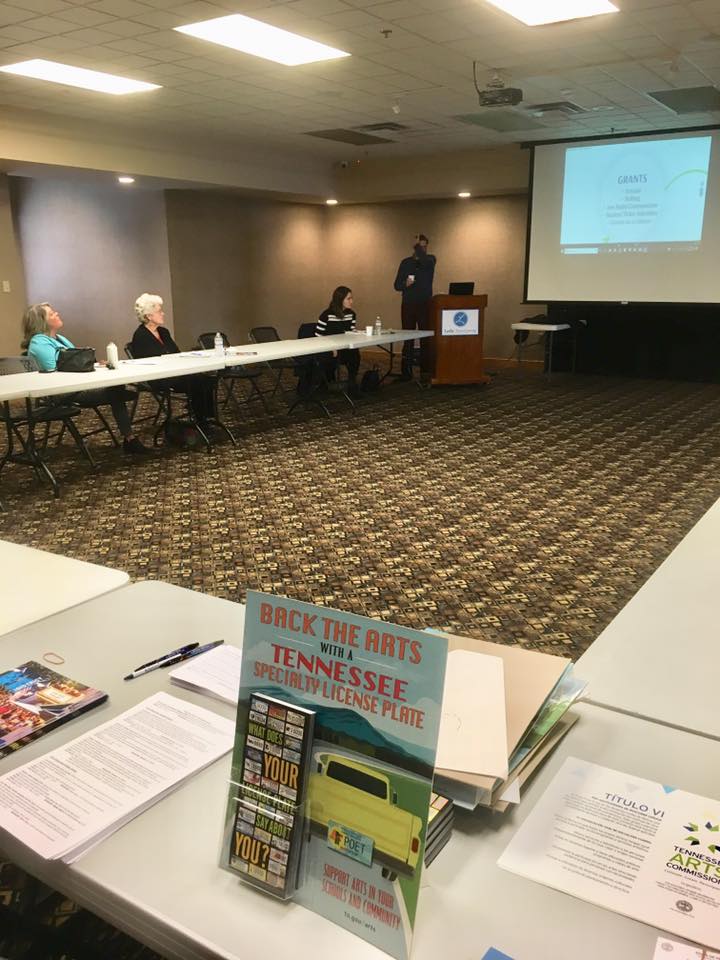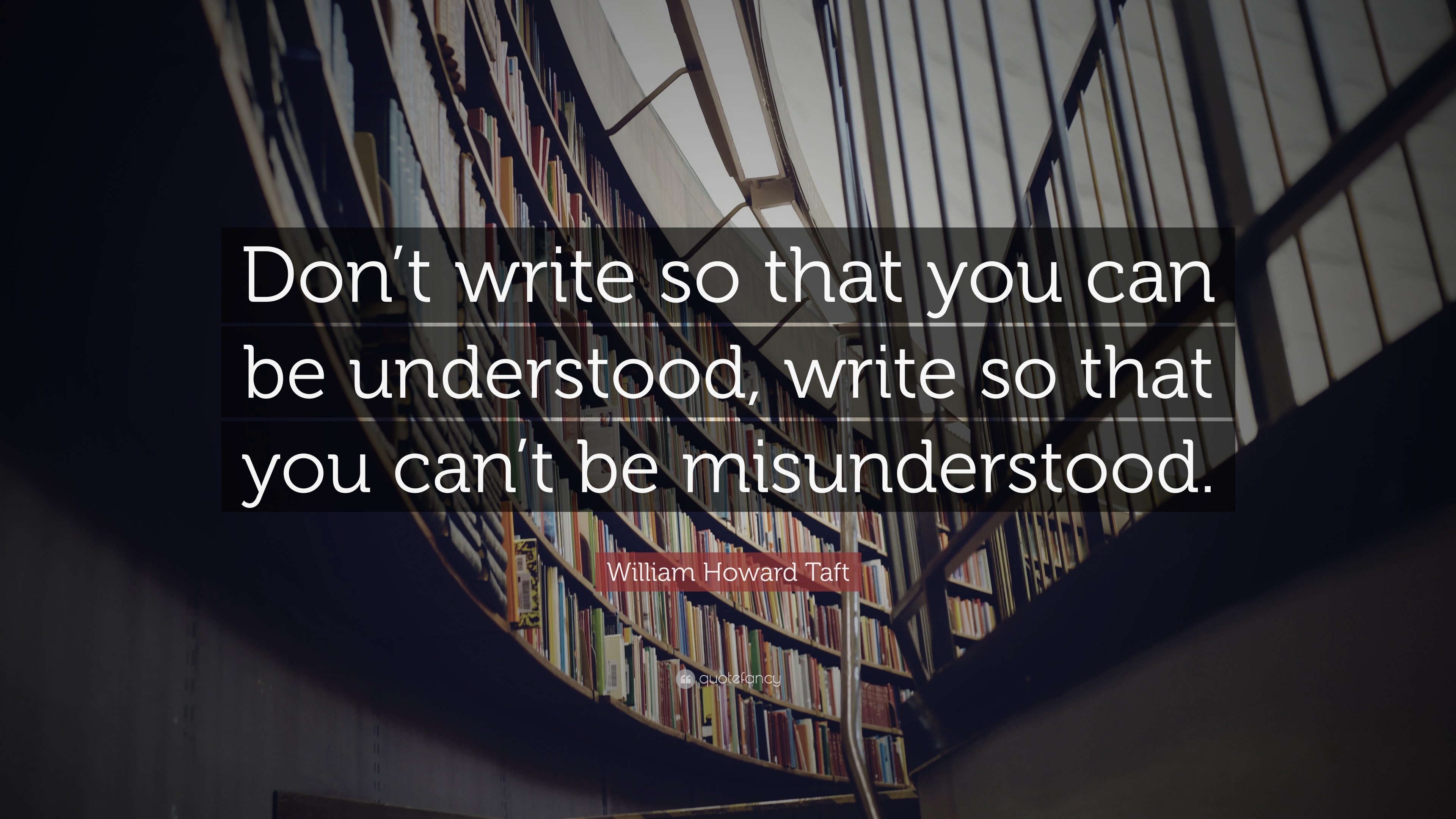Like a mid-aughts Christina Aguilera album, it is time to go back to basics. Grant writing does not need to be as intimidating as it is made out to be, but there are still a lot of bad grants being written and a lot of grant writers falling prey to careless mistakes. This past week, I was able to attend my first grants workshop with the Commission, which was an opportunity to hear the program directors discuss best practices for the grants they review specifically, but also to dispense advice which applies to grants more widely. One of the attendees at this workshop, a grantee from Cumberland County, Tennessee, mentioned that she had hosted her own grants workshop for organizations she works with. According to her, the most important grant writing advice is a quote from William Howard Taft: “Do not write so that you can be understood. Write so that you can’t be misunderstood.”

TAC Grants Workshop in Cookeville
Most of us go through life buying into the adage “fortune favors the bold,” and in many cases it holds true. It often requires a certain level of boldness and courage to pursue funding and dream of new and bigger projects. When it comes to actually writing grants, however, fortune favors those who are deliberate and meticulous. In being bold, we are often visionary, making sweeping generalizations and assuming that everybody is already with us. When we are bold, we open ourselves up to carelessness. In such an environment, it is easy to create opportunities for misunderstanding. Those who successfully write grants, however, avoid these visionary statements and bold generalizations in favor of building understanding through their applications. By clearly articulating their purpose and assuming initial ignorance on the part of the reader, the successful grant writer is more capable of painting a complete picture and removing barriers to understanding.
Conscientious grant writers apply this approach to every aspect of their application. All of the supporting materials, such as budgets and program documents, should align with the narrative of the application and reflect the same level of quality and careful preparation. At the end of the day, the grant reviewer is just another individual who is interested in connecting with the applicant and learning their story. The successful grant writer makes the reviewer’s job as easy as possible by creating a cohesive application that strives above all else to promote clarity and understanding.



